Are you tired of battling poison ivy rashes or itchy insect bites? Jewelweed, a plant often found in damp, shaded areas, might be the solution you need.
Known for its soothing properties, Jewelweed (Impatiens spp.) has been used for centuries as a natural remedy for skin irritations, swelling, and even microbial infections.
In this article, we’ll uncover the health benefits of Jewelweed, explain how to use it effectively, and share precautions to ensure safe use.
#1. Relieves Poison Ivy and Other Skin Irritations
Jewelweed’s sap has been traditionally applied to rashes caused by poison ivy, poison oak, and stinging nettles.
Its active compounds, such as lawsone, have antipruritic and anti-inflammatory properties that help soothe itching and swelling.
A clinical study found that Jewelweed soap reduced poison ivy rash severity by 67% compared to standard treatments, making it an effective option for natural relief.
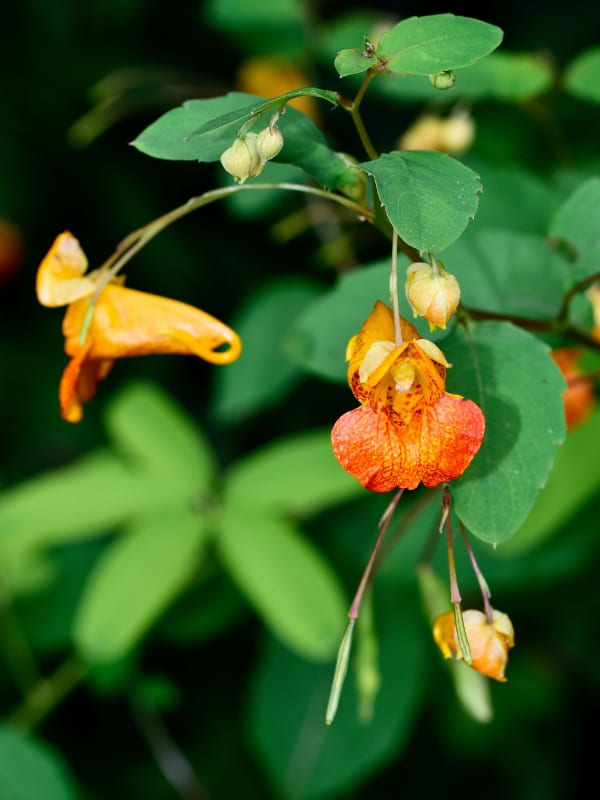
#2. Acts as a Natural Antimicrobial
Jewelweed contains peptides and flavonoids that exhibit antibacterial and antifungal activity. Test-tube studies have shown that its compounds are effective against bacteria like Staphylococcus aureus and fungi such as Candida albicans.
Regular use of Jewelweed soap or topical treatments can help prevent and treat minor bacterial and fungal skin infections.
#3. Reduces Inflammation and Promotes Healing
The presence of napthoquinones, like 2-methoxy 1,4-napthoquinone, gives Jewelweed its anti-inflammatory power. This makes it effective for soothing bruises, reducing swelling, and promoting skin healing.
In a study on its COX-2 inhibitory effects, Jewelweed extract significantly decreased inflammation in animal models of arthritis and skin irritation.
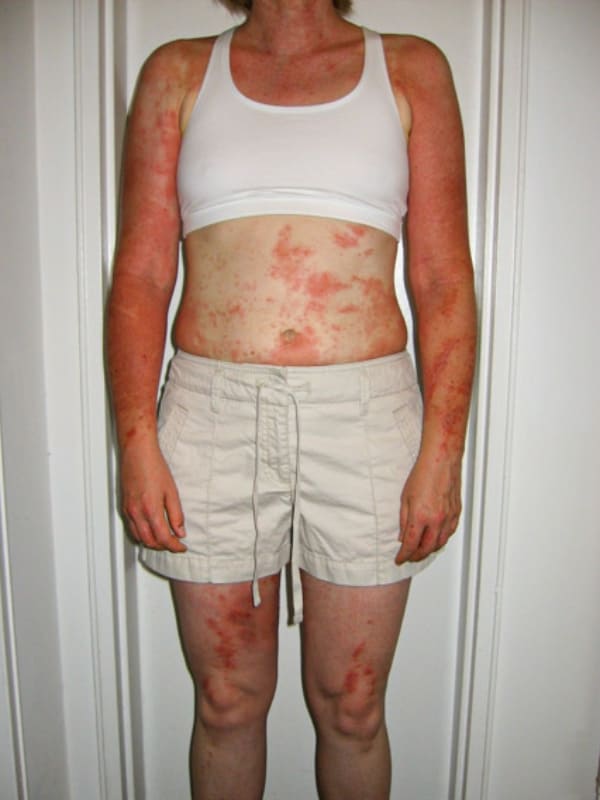
#4. Provides Antioxidant Protection
Flavonoids and phenolic compounds in Jewelweed neutralize free radicals, protecting the skin from oxidative stress.
This antioxidant activity not only aids in healing but also helps maintain healthy skin by reducing damage caused by environmental factors like pollution and UV rays.
#5. Offers Potential Anticancer Properties
Preliminary research has indicated that Jewelweed extracts may inhibit the growth of certain cancer cells.
In vitro studies showed that low concentrations of Jewelweed extracts reduced cell growth in breast and colon cancer lines, inducing apoptosis (cell death).
While promising, more research is needed to understand its role in cancer prevention.
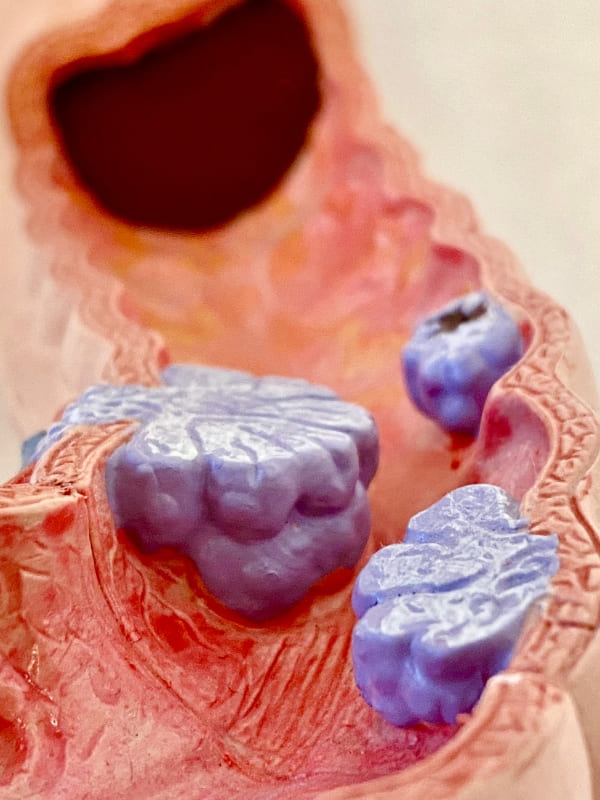
How to Use Jewelweed
1. Topical Application
First, harvest fresh stems and leaves of Jewelweed, ensuring they come from a clean, pesticide-free area. Next, crush or mash the plant material thoroughly to release the sap.
Then, apply the sap directly to the affected area, such as a rash, insect bite, or sting. Once applied, allow it to air-dry on your skin for at least 15–20 minutes before rinsing off. Repeat this process 2–3 times daily for best results.
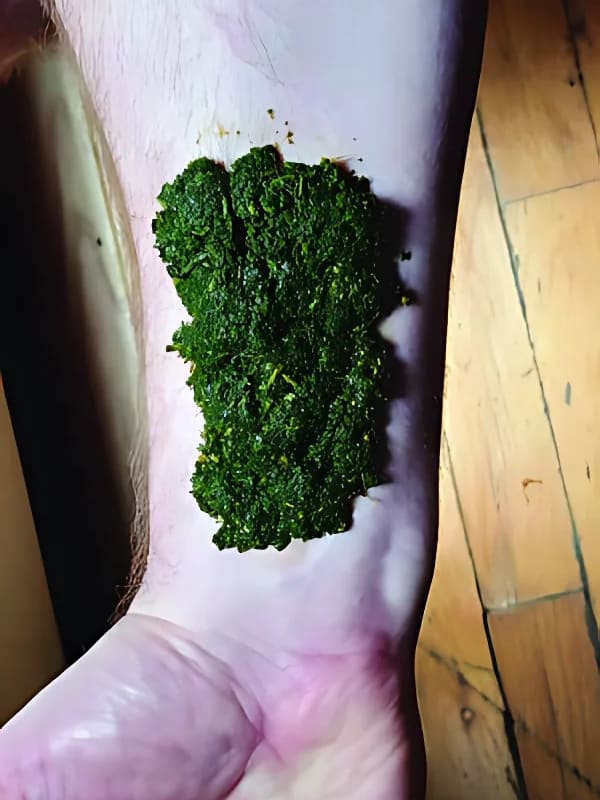
2. Jewelweed Soap
To begin, purchase Jewelweed-infused soaps from health stores, or you can prepare your own by infusing fresh Jewelweed into glycerin-based soap.
Then, use the soap to wash areas exposed to poison ivy, oak, or other irritants. After washing, rinse thoroughly with lukewarm water. You should use this soap daily for prevention and relief from rashes.
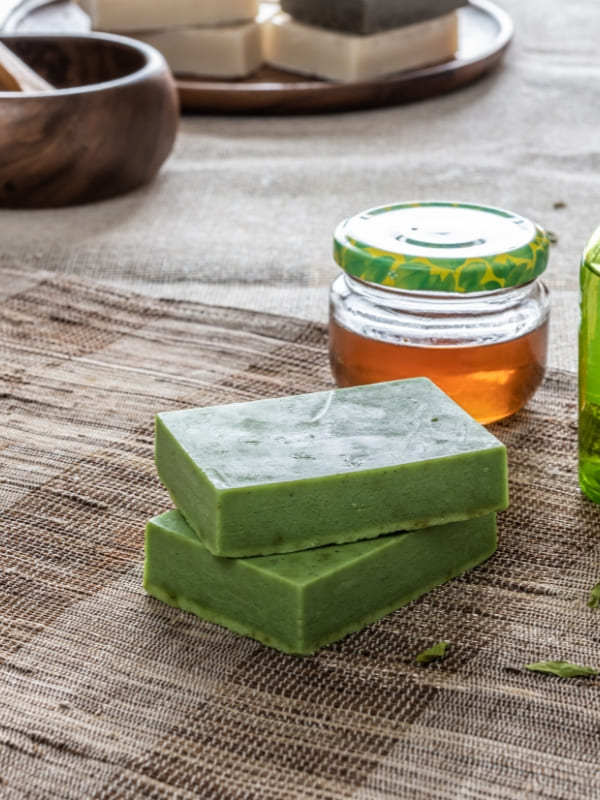
3. Poultice (For Severe Skin Irritations)
First, mash the Jewelweed leaves and stems until they form a smooth paste. Next, apply the paste generously to the irritated or inflamed area.
Then, cover the area with a clean cloth or gauze to hold the paste in place. Leave it on for 30–60 minutes. Finally, rinse off the paste with cool water. Repeat this process as needed, up to twice daily.
4. Jewelweed Tea (Topical Wash)
Begin by adding Jewelweed to a pot of boiling water, then simmer the mixture for 10–15 minutes. Once it’s done simmering, let the tea cool completely before straining out the plant material.
Next, use a cotton cloth or sponge to apply the tea to rashes, insect bites, or irritated skin. Finally, store any leftover tea in the refrigerator for up to 2 days. Avoid drinking it unless directed by a healthcare provider.
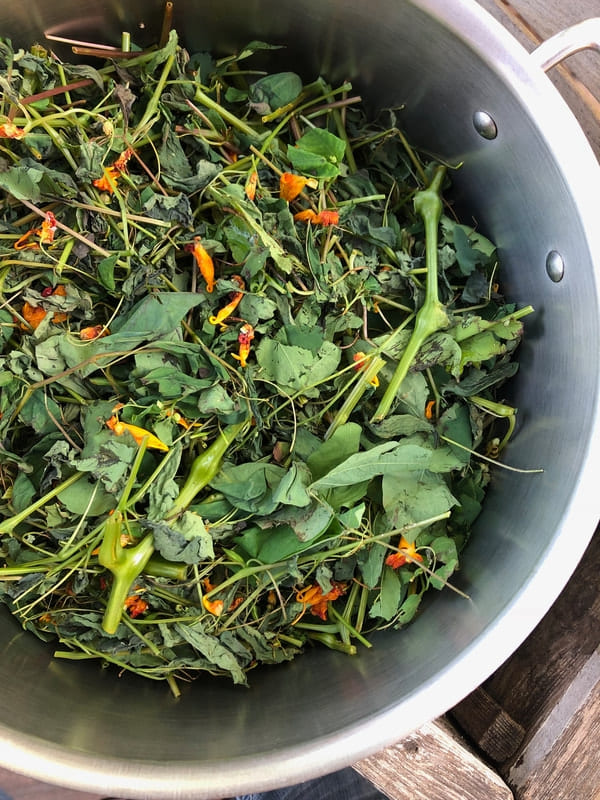
5. Jewelweed Oil or Salve
First, infuse fresh Jewelweed leaves in olive or coconut oil for 2–3 weeks. Once the infusion is ready, strain the plant material before use.
Next, apply the oil directly to the affected area to reduce itching, swelling, and irritation. Use the oil or salve 2–3 times daily for consistent relief and healing.
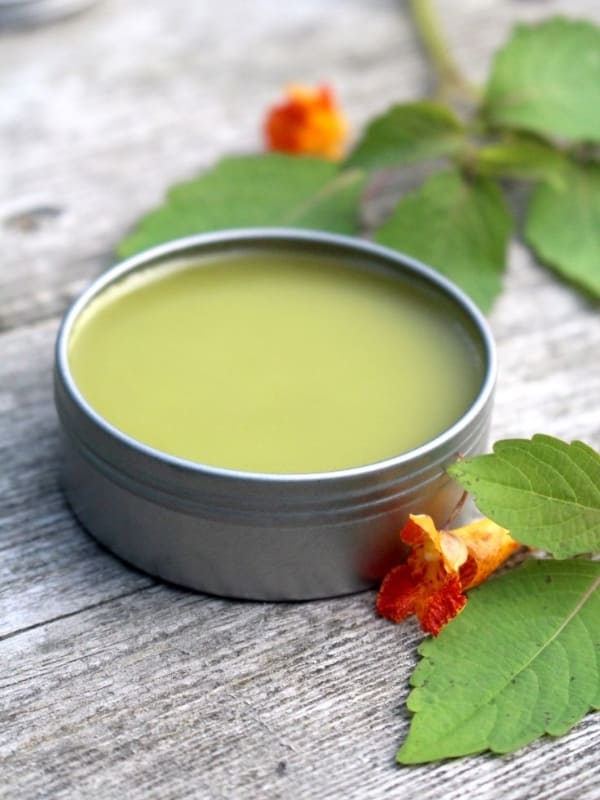
Tips for Use
Jewelweed works best when applied soon after exposure to irritants like poison ivy. Use freshly harvested Jewelweed for maximum potency, but soaps and oils offer longer storage options.
Always patch-test Jewelweed products on a small area of skin before broader use to check for allergies.
Cautions and Precautions
If you are sensitive to plants in the Balsaminaceae family, such as balsam or impatiens, avoid using Jewelweed. Some individuals may experience skin irritation or rashes as an allergic response.
While Jewelweed is safe for topical use, drinking its tea or consuming the whole plant may cause vomiting, digestive upset, or diuresis. Avoid ingesting Jewelweed unless directed by a qualified healthcare provider.
Due to its traditional use as an emmenagogue (stimulating menstruation), Jewelweed should be avoided during pregnancy and breastfeeding. Its safety during these stages is not well-established.
Excessive topical use may lead to skin dryness or irritation. Start with small amounts to determine how your skin reacts.
Disclaimer
This article is for informational purposes only and not a substitute for professional medical advice.
Always consult a healthcare provider before using Jewelweed, especially if you are pregnant, breastfeeding, or considering internal use.
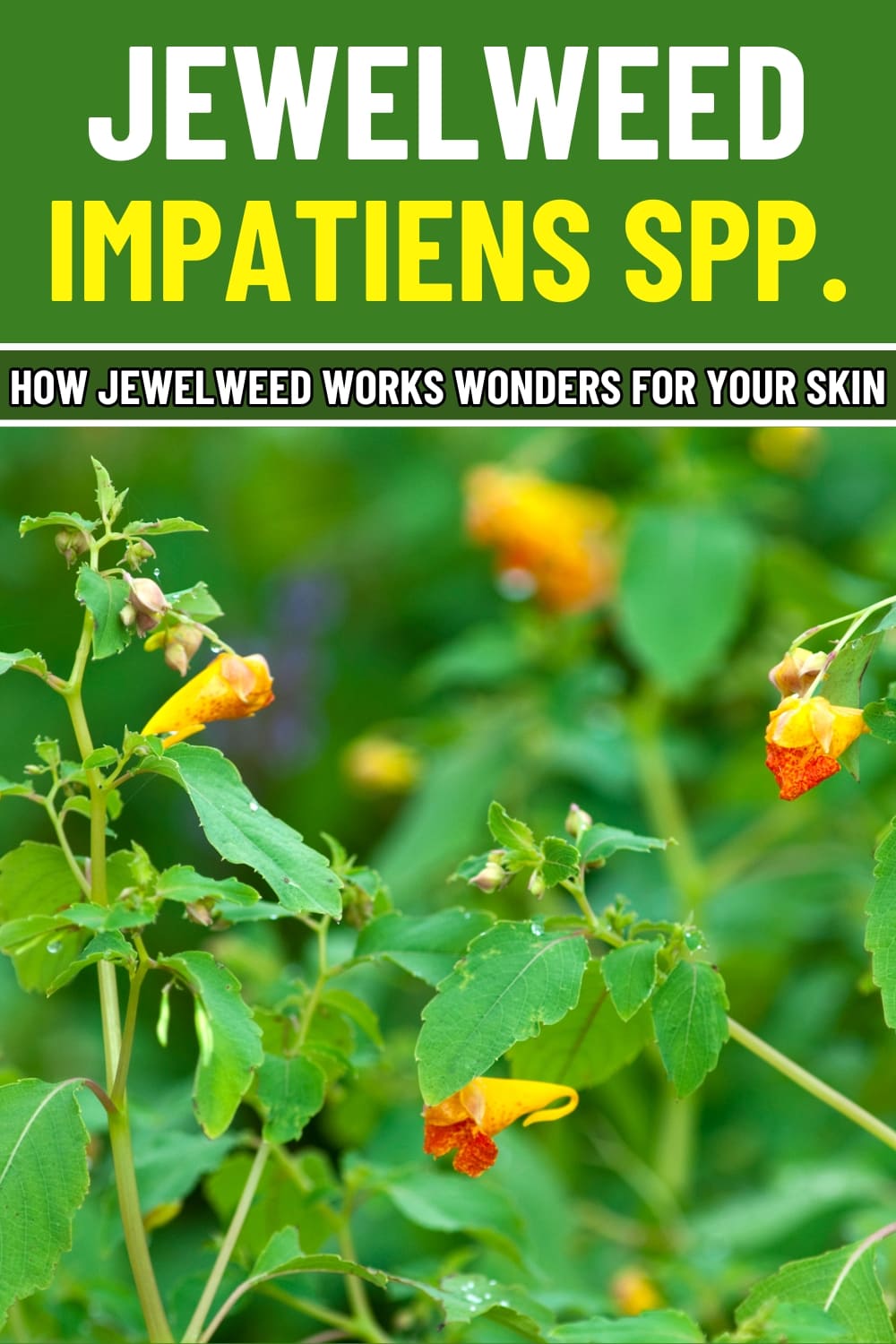
Why Jewelweed Is Your Best Defense Against Poison Ivy Rash
